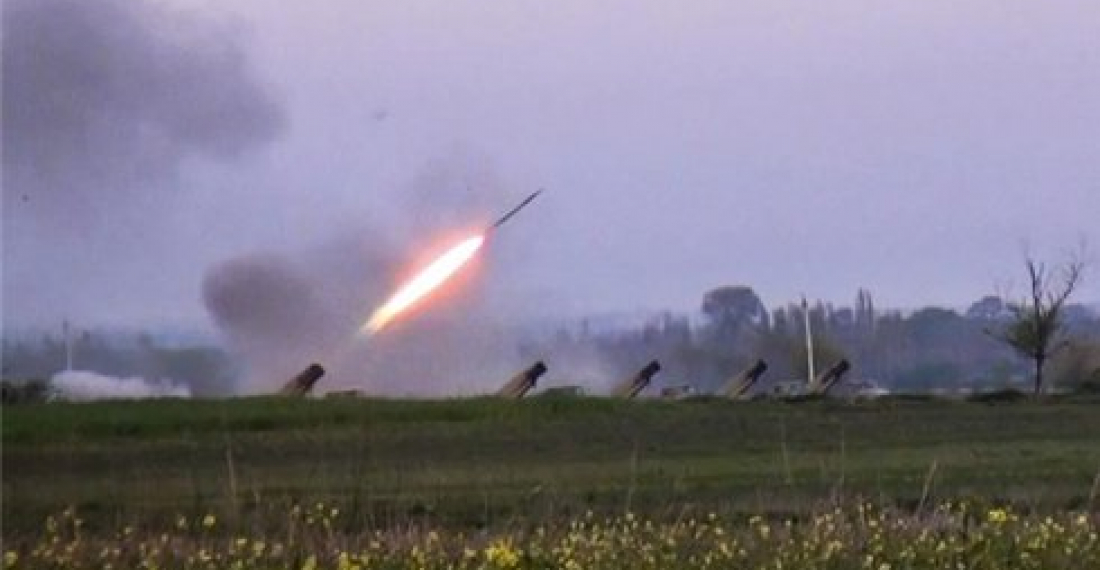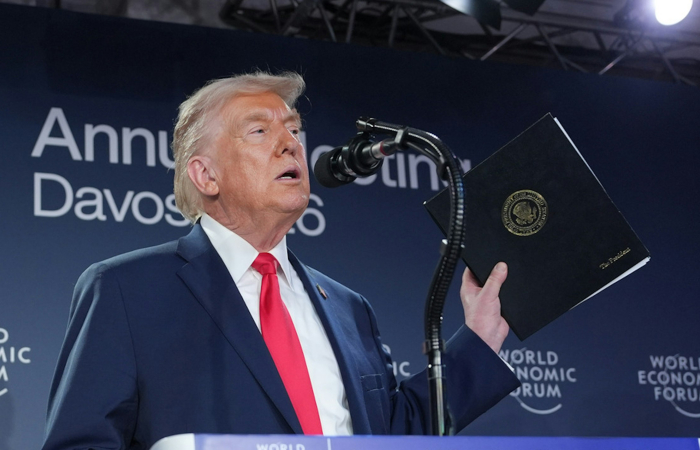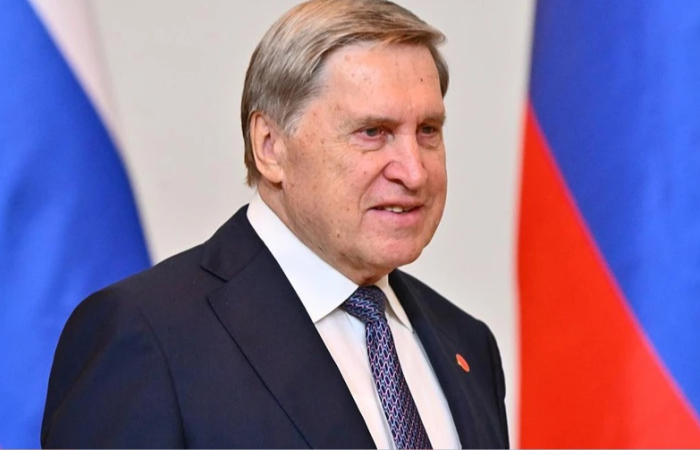In this commentary, Dennis Sammut says that Armenia and Azerbaijan have failed to learn the right lessons from the fighting in April 2016, and it is now important they start treating the peace option with as much seriousness and commitment as they are treating the military option.
Over the last few days, in Armenia, and in Azerbaijan, activities were held to mark the first anniversary of the sharp escalation in fighting between the two countries that occurred 1-4 April 2016, sometimes referred to as the "four-day war".
President Serzh Sargsyan, in full combat fatigues, visited the Nagorno-Karabakh front line to boost the morale of troops, and made a statement in which he said that, if necessary, he "will not bat an eyelid" before firing the recently acquired Iskander missiles on targets way beyond the conflict zone.
President Ilham Aliyev met with some of last year's combatants, saying that Azerbaijan must strengthen its army to restore its territorial integrity, adding "we will never allow a second contrived Armenian state to be created on our lands".
Both speeches included the usual arguments that each side uses to justify its position. Both sides blame each other for starting the April fighting, and for violating humanitarian law, and neither side expresses the least contrition.
Over the last year there have been many speeches and periods of reflection, and the sides claim to have drawn lessons from the April events. In Azerbaijan, the April fighting is referred to as the April victories. Azerbaijan after all regained 800 hectares of land in the process. Thus, the argument goes, if we fight more, we liberate more.
On the Armenian side the mood is more sombre, but the argument similar. April is often described as a wake-up call. We need to make our army better, we need to buy more weapons. Next time we will not only defend, we will attack.
On both sides, April 2016, has become a defining moment, and a new narrative has evolved around it which has the consequence of entrenching the conflict much deeper, and which sows the seed of the next explosion of violence.
There are some reasons for this. Azerbaijan has been emboldened by the fact that it could seize back some of its lost territory, and on a psychological basis, destroy the Armenian myth of invincibility. In his speech with the combatants President Aliev said that the April War "undermined the ideological foundations" of the Armenian leadership.
In Armenia on the other hand, the ferocity of the April fighting played to latent fears and revulsions from previous historical experiences. The Azerbaijani fighters were perceived as part of suicide missions intent on atrocities. A recurring theme of the Armenian leadership has been that they will not allow 1915 to happen again. "Here on this border we are foiling genocide", President Sargsyan said, speaking in Nagorno-Karabakh a few days ago.
Whilst these narratives have some seeds of truth, there are other perhaps bigger lessons from the April events which both sides have preferred not to learn.
Azerbaijan should have learned that if the cost of liberating 800 hectares of land was so high as the death figures from the April fighting suggests, the cost for liberating much more will simply not be sustainable; and even if the objective was achieved what would be the cost for ensuring that what was regained was not lost again?
Armenia on the other hand should have learned that idea that it can provide security based on the strength of its army in the present positions is a myth. The cost of doing so is already too high, and is likely to increase in the future.
Both sides should have learnt that if they truly want to give security to their citizens they must look beyond the status quo, and beyond a military solution, to a more desirable, even if more difficult to achieve, peaceful solution.
For a moment, immediately after the April fighting, it seemed that perhaps this lesson had been learnt. The meetings in the aftermath of the April fighting held in Vienna and in St Petersburg between President Aliev and President Sargsyan were described as constructive and promising. "There was good chemistry between the two men", one diplomat said after the Vienna meeting. There was a flurry of activity nudged on by the Russians to try to work out a deal, based on the so-called Lavrov ideas. Alas it was not to last, and the prospects for peace now seem bleaker than before.
One problem is that the two sides are now locked in their own rhetoric. Both Aliyev and Sargsyan run tight ships back home, but Karabakh is one issue that can seriously undermine their power base. They therefore constantly feel the need to return to their comfort zone of maximalist positions, even if these maximalist positions are not sustainable.
The unsustainability of Armenia's continued occupation of the territory around Nagorno-Karabakh is starkly clear. No country or government has ever expressed support for Armenia's continued occupation of these lands, and the chance that Azerbaijan will ever reconcile itself to their loss is zero.
On the other hand, Azerbaijan's approach of trying to weaken and isolate Armenia to the point where it can have a walk-over has failed. If Azerbaijan starts a war Armenians will fight till the end, and before the end, Russia, and maybe some other countries too, will intervene to ensure that there will never be an end.
The international mediation mechanism on Nagorno-Karabakh, in the form of the OSCE Minsk Process is very odd, and despite the diplomatic veneer to the contrary, largely dysfunctional, with the Russians playing a somewhat maverick role - sometimes team player, often solo performer in the process. It has however proved useful when it comes to managing the conflict, and it allows some of the key international players, as well as the two sides, to keep an eye on each other. There is now however a sense that the international community needs to step up, but very few ideas as to how.
A good place to start will be on the issue of defining the future status of Nagorno-Karabakh. Often it is said that it is best to leave this till the end, but that should not stop developing thinking about it. The conundrum is the fact that what is needed is not a status for Nagorno Karabakh as it exists de facto at present, but a vision as to how it could exist in the future, namely as a multi ethnic entity that can provide safety and security to both Armenians and Azerbaijanis living within it, and which by necessity must have open borders with both Armenia and Azerbaijan.
Neither Azerbaijan's vision of Nagorno-Karabakh as an autonomous republic like Nakhichevan, nor the Armenians vision of a Nagorno-Karabakh Republic (NKR) as a second Armenian state, satisfy these pre-requisites. It is the job of the international community to develop a model that can satisfy both sides - something that will look like Nakhichevan plus but NKR minus. This will require creativity on the part of the international community, and to expect the sides in the conflict to come up with this model is unrealistic.
Preparing for peace
There is however one very important thing that the sides need to do, and which the international community must demand from them. This is to treat the peace option with as much seriousness and commitment as they are treating the military option.
Very often in international circles, when participants from the sides are challenged to prepare for peace, they flash out the adage, coined by a Roman gentleman called Pubulius Flavius Vegetius Renatus in the 4th century, "Si vis pacem, para bellum" (If you want peace, prepare for war). This approach needs to be challenged. If you want peace, you must prepare and work for peace. One can understand the desire and need of both governments to protect and ensure the security of their people, and we should accept that preparing for peace and preparing for war may have to be ongoing simultaneously, but at least if that is the case peace has a chance. In the present conditions where both sides are only preparing for war, it hasn't.
Six practical suggestions can be implemented, without the sides having to abandon first any of their postures, or even bat an eyelid.
- Accept the peace track as an option and engage with it with the same vigour as you do the military option, and be seen doing so; some positive gestures on the part of the two presidents will not go amiss. President Aliev and President Sargsyan should stop wearing military uniforms. Khaki doesn't suit them.
- Appoint a special negotiator on both sides that are not the foreign ministers but will work under their guidance; this will help create a new dynamic for the peace negotiations, separate discussions from other foreign policy issues. But more importantly a little distance between the negotiations and the leadership may provide for a little bit of much needed flexibility, without compromising positions.
- Designate a 20-person expert negotiating team on both sides and start preparing them for eventual negotiations with the help of international mediators; they may not meet each other at first, but at least they can start preparing their work.
- Accept the principle of confidence building measures and create spaces where they can be designed and developed, even if at first the ambitions can be modest. Have multiple tiers involving multiple actors, so that if one fails, others may continue.
- Allow and promote an open discussion on the pros and cons of military and peaceful solutions, and the costs attached to both. There were some astonishing positions expressed during the recent Armenian elections campaign. This debate must continue, and it must take place in Azerbaijan too.
- Don't leave gaps: the Armenians and Azerbaijanis of Nagorno-Karabakh cannot be kept out of the conversation; find ways to bring them in early, regardless of the status issue.
Quite rightly, Armenians and Azerbaijanis over the last days have honoured the fallen from the April fighting. They saluted them as heroes. Most were youngsters at the start of their life. It is important that they have not died in vain. Their deaths should convince everyone that the future is not in war, but in peace.

Dennis Sammut is the Executive Director of LINKS (Dialogue, Analysis and Research), a member-organisation of the EPNK consortium, an initiative of the European Union to support the peaceful resolution of the Nagorno-Karabakh conflict. (dennis@links-dar.org)
source: commonspace.eu







